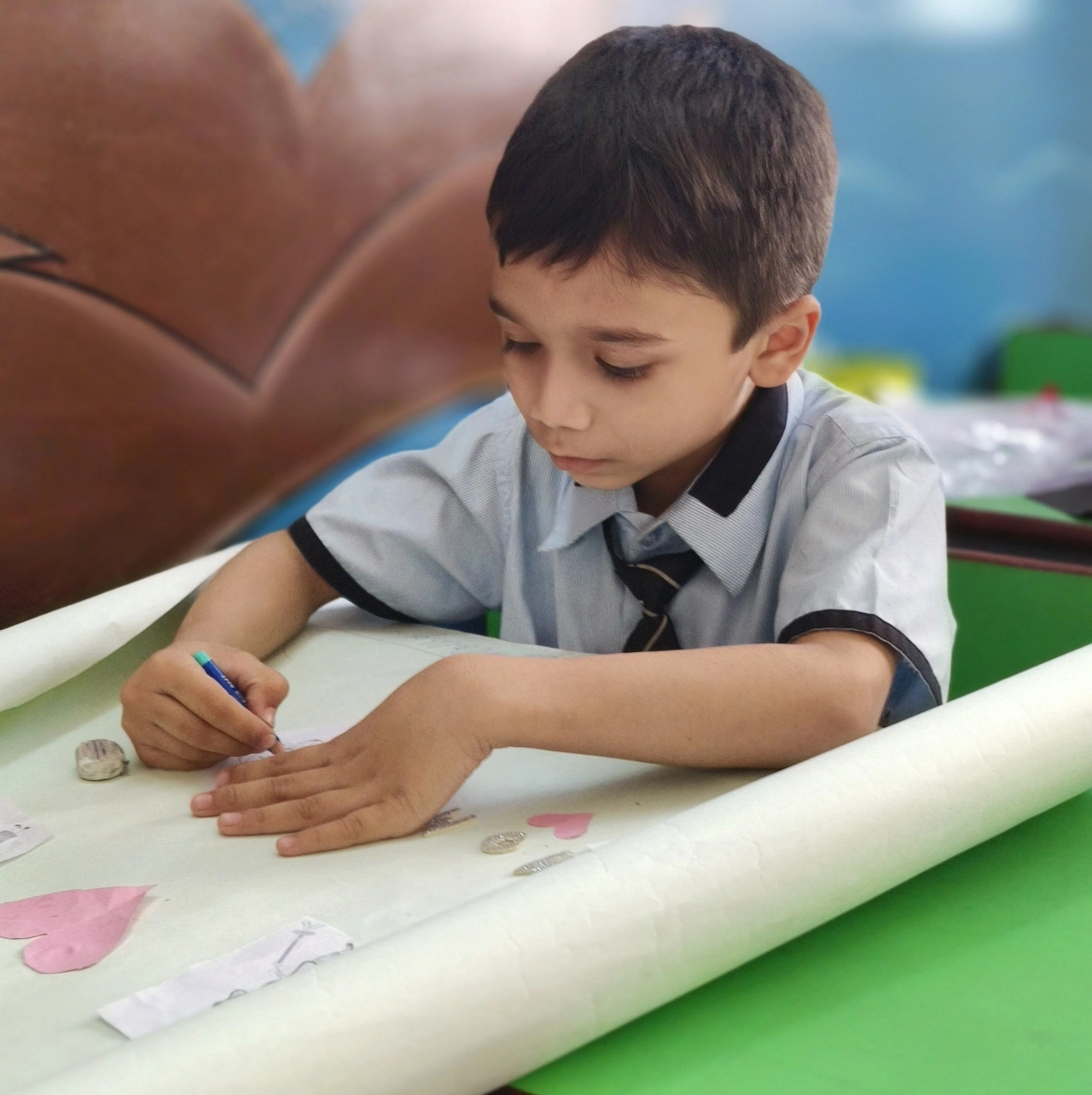Parenting is a journey filled with boundless opportunities to guide, support, and witness the growth of our children. As parents, we play a crucial role not only in our child’s academic journey but also in shaping them into responsible, compassionate citizens of the world.
This comprehensive guide aims to delve into the multifaceted aspects of the parent-child relationship, emphasizing actionable steps to become effective academic partners while instilling values that contribute to a better society.
Building a Strong Foundation

Establishing a strong foundation based on open communication, trust, and mutual respect lays the groundwork for a supportive parent-child relationship.
Establish Open Communication Channels: Create a safe space for your child to express their thoughts, feelings, and concerns without fear of judgment. Encourage open dialogue by actively listening, validating their emotions, and offering constructive feedback.
Lead by Example: Model positive communication behaviors by demonstrating active listening, empathy, and respectful communication in your interactions with your child and others.
Set Clear Expectations: Establish clear boundaries, rules, and expectations regarding communication within the family, ensuring everyone understands the importance of respectful and effective communication.
Prioritize Quality Time: Make time for regular one-on-one interactions with your child, whether it’s through shared activities, meals, or dedicated bonding time. Use these opportunities to deepen your connection and strengthen your relationship.
Empowering Academic Partnership

By creating a conducive learning environment, establishing a consistent routine, and fostering self-regulated learning, parents can empower their children to excel academically.
Create a Conducive Learning Environment: Designate a quiet, well-lit study area in your home free from distractions, equipped with essential supplies and resources to support your child’s learning needs.
Establish a Consistent Routine: Develop a structured daily routine that includes dedicated study periods, breaks, and time for relaxation and recreation. Consistency fosters a sense of stability and predictability, helping your child stay focused and organized.
Encourage Self-Regulated Learning: Teach your child valuable study skills such as time management, organization, and goal setting to help them become independent learners. Provide guidance and support as they learn to manage their workload and prioritize tasks effectively.
Celebrate Achievements and Progress: Acknowledge and celebrate your child’s academic achievements, whether big or small, to reinforce their efforts and motivate continued growth and improvement.
Cultivating Citizenship Through Values

Parents can cultivate citizenship by leading by example, engaging in community service, promoting diversity and inclusivity, and teaching social responsibility.
Lead by Example: Demonstrate kindness, empathy, and compassion in your interactions with others, serving as a positive role model for your child to emulate.
Engage in Community Service: Volunteer as a family to support local charities, organizations, or community initiatives. Involve your child in decision-making processes and encourage them to take an active role in making a difference in their community.
Promote Diversity and Inclusivity: Expose your child to diverse cultures, perspectives, and experiences through books, films, cultural events, and discussions. Foster an appreciation for diversity and inclusivity, encouraging empathy and understanding towards individuals from all backgrounds.
Teach Social Responsibility: Discuss pressing social issues with your child, such as poverty, environmental conservation, or human rights, and explore ways they can contribute to positive change through advocacy, fundraising, or volunteering.
Fostering Independence and Resilience

Encouraging decision-making skills, promoting problem-solving abilities, developing time management skills, and providing emotional support are essential in fostering independence and resilience in children.
Encourage Decision-Making Skills: Empower your child to make age-appropriate decisions and take ownership of their choices. Provide guidance and support as they weigh their options and learn from both successes and failures.
Promote Problem-Solving Skills: Encourage your child to approach challenges with a proactive mindset, brainstorming solutions, and seeking assistance when needed. Offer support and encouragement as they navigate obstacles, reinforcing their resilience and determination.
Develop Time Management Skills: Teach your child effective time management strategies, such as creating to-do lists, prioritizing tasks, and breaking larger projects into manageable steps. Encourage them to take responsibility for managing their time effectively to balance academic, extracurricular, and personal commitments.
Provide Emotional Support: Foster a supportive environment where your child feels comfortable expressing their emotions and seeking assistance when feeling overwhelmed. Offer encouragement, reassurance, and practical assistance as they navigate academic and personal challenges, promoting resilience and self-confidence.
Conclusion
As parents, our role extends far beyond academic success; we are entrusted with the profound responsibility of shaping the future leaders, innovators, and compassionate citizens of tomorrow.
By cultivating a nurturing and supportive environment, empowering academic partnership, and instilling values that promote citizenship and empathy, we lay the foundation for our children to thrive academically and contribute positively to society.
Let us embrace this journey with love, patience, and unwavering dedication, knowing that our efforts today will shape the world of tomorrow.





